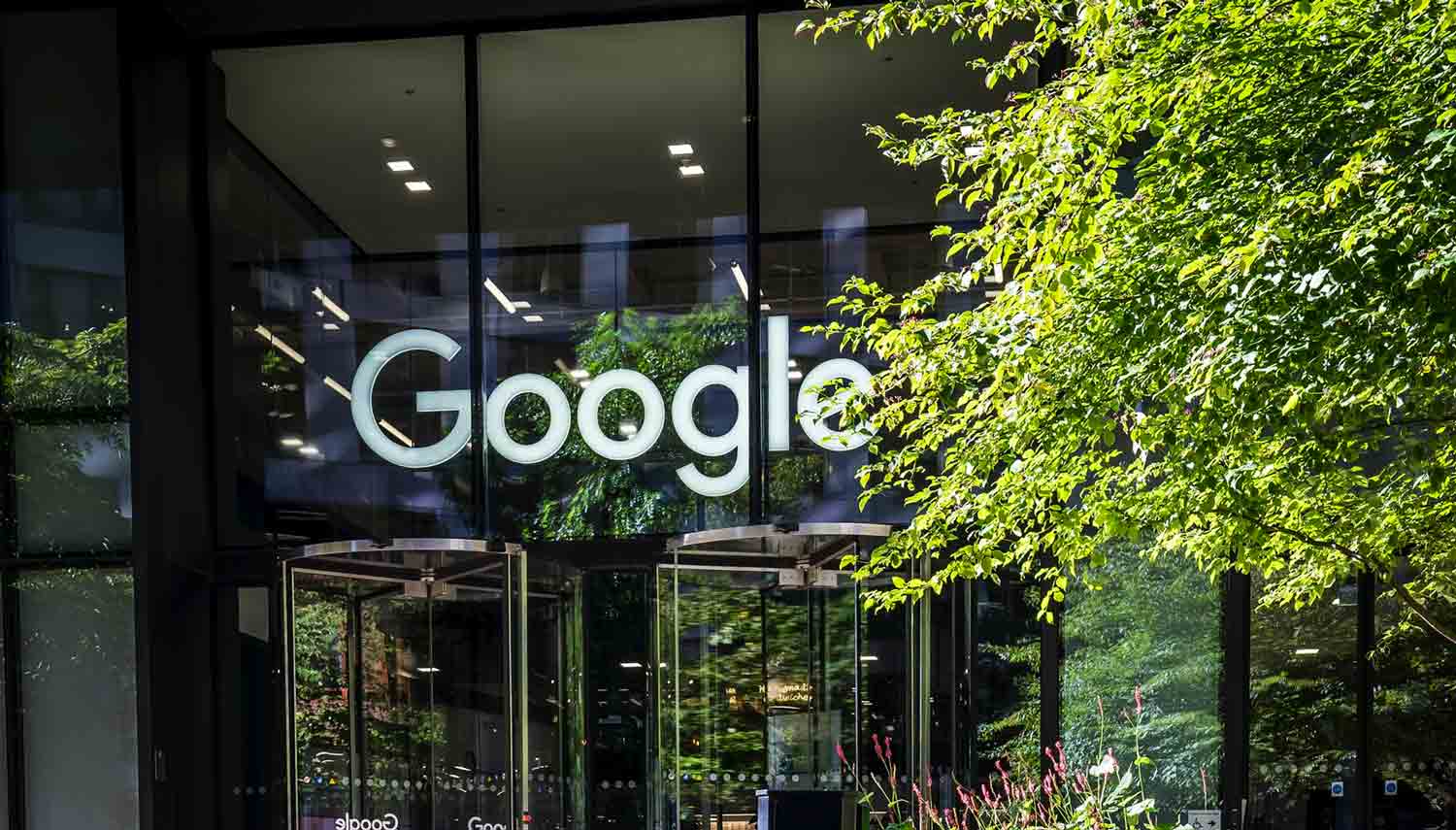

Artificial intelligence (AI) is making significant waves in the music industry, transforming the entire music production process, from composition to mixing and mastering. With AI, musicians and producers can explore new sounds, automate repetitive tasks, compose complete songs, analyze music, and even create personalized playlists.
The concept of using AI in music production is not entirely new. It has been implemented since the early days of electronic music to generate novel sounds and simplify monotonous tasks. However, recent advancements in AI technology have made it possible to achieve more intricate and innovative applications.
One prevalent use of AI in music production is sound design. AI allows musicians to create unique tones and textures that would have been challenging, if not impossible, to achieve using traditional methods. It can also automate time-consuming activities like sound synthesis, editing, and mixing. By eliminating these manual tasks, producers have more time to focus on the creative aspects of their work.
Another exciting application of AI technology is in music analysis and playlist generation. Through sophisticated algorithms, AI can examine a song’s characteristics, such as tempo and key, to tailor-make personalized playlists based on the listener’s preferences. This capability has given rise to the development of customized radio stations, streaming services, and other music platforms that provide highly tailored music experiences.
Additionally, AI algorithms can compose entire songs by analyzing existing music structures and generating new melodies, harmonies, and rhythms. This opens up possibilities for creating original compositions or enhancing existing ones by incorporating fresh elements.
AI is also making it possible to create interactive music experiences. By analyzing user behavior, AI can respond to their actions and create personalized music encounters. This technology has been utilized to design interactive music games, virtual reality environments, and more, enhancing the overall engagement and immersion for the listener.
Moreover, AI has found a place in the production of music videos. By analyzing a song’s structure, AI algorithms can generate visuals that synchronize seamlessly with the music, resulting in music videos that are visually captivating and deeply intertwined with the audio.
In conclusion, AI is revolutionizing the way music is produced and consumed. Its applications extend to creating new sounds, automating repetitive tasks, analyzing music, composing entire songs, developing interactive experiences, and producing visually appealing music videos. As AI technology continues to evolve, it will undoubtedly present more opportunities and possibilities for music production and consumption.
Related Posts




